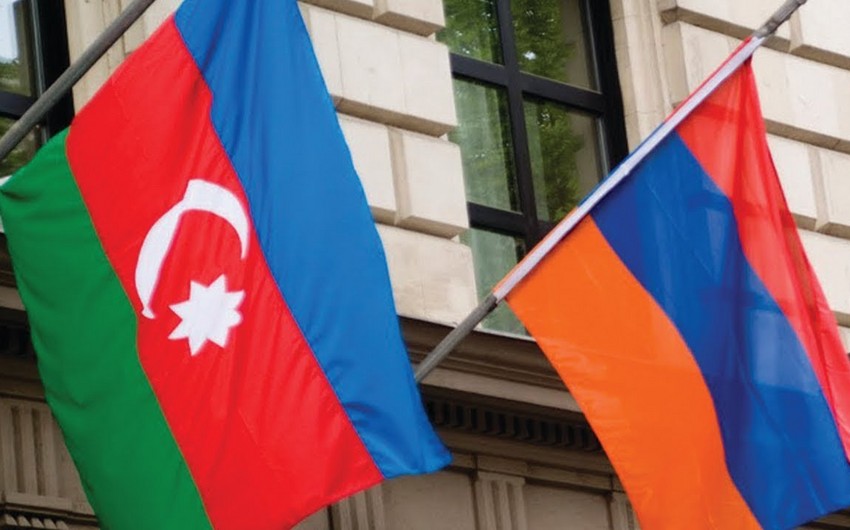The US has been playing a more active role in normalizing Azerbaijan-Armenia relations, and it has played a key role in keeping the negotiations process going while the ‘Brussels format’ was temporarily interrupted, British political scientist Laurence Broers, who studies conflicts in the Caucasus, told Report.
At the beginning of this month, the Armenian and Azerbaijani foreign ministers and their teams spent an unprecedented amount of time together in Washington, and appear to have made some progress towards the normalization agreement, he noted.
“This was then followed by the resumption of the Brussels format in a meeting between President Ilham Aliyev, Prime Minister Nikol Pashinyan and President of the European Council Charles Michel on May 14. So, it seems that this “Euro-Atlantic” track is back on course after a gap of several months,” he added.
“This is significant in terms of bringing the parties back to the negotiating table, and in terms of the fact that there appear to be a critical mass of issues at the inter-state level, such as border delimitation and humanitarian issues, on which agreement between Armenia and Azerbaijan is possible.”
“It is also significant that this is the first time in many years that the US has been so actively engaged. With the demise of the Minsk Group, Europe and the US have acted to raise their commitment to negotiating an Armenian-Azerbaijani peace, which is also a development broadly welcomed in both Baku and Yerevan,” he said.


 https://static.report.az/photo/d0dce60f-5908-38f5-8a45-f4bcc7739829.jpg
https://static.report.az/photo/d0dce60f-5908-38f5-8a45-f4bcc7739829.jpg

